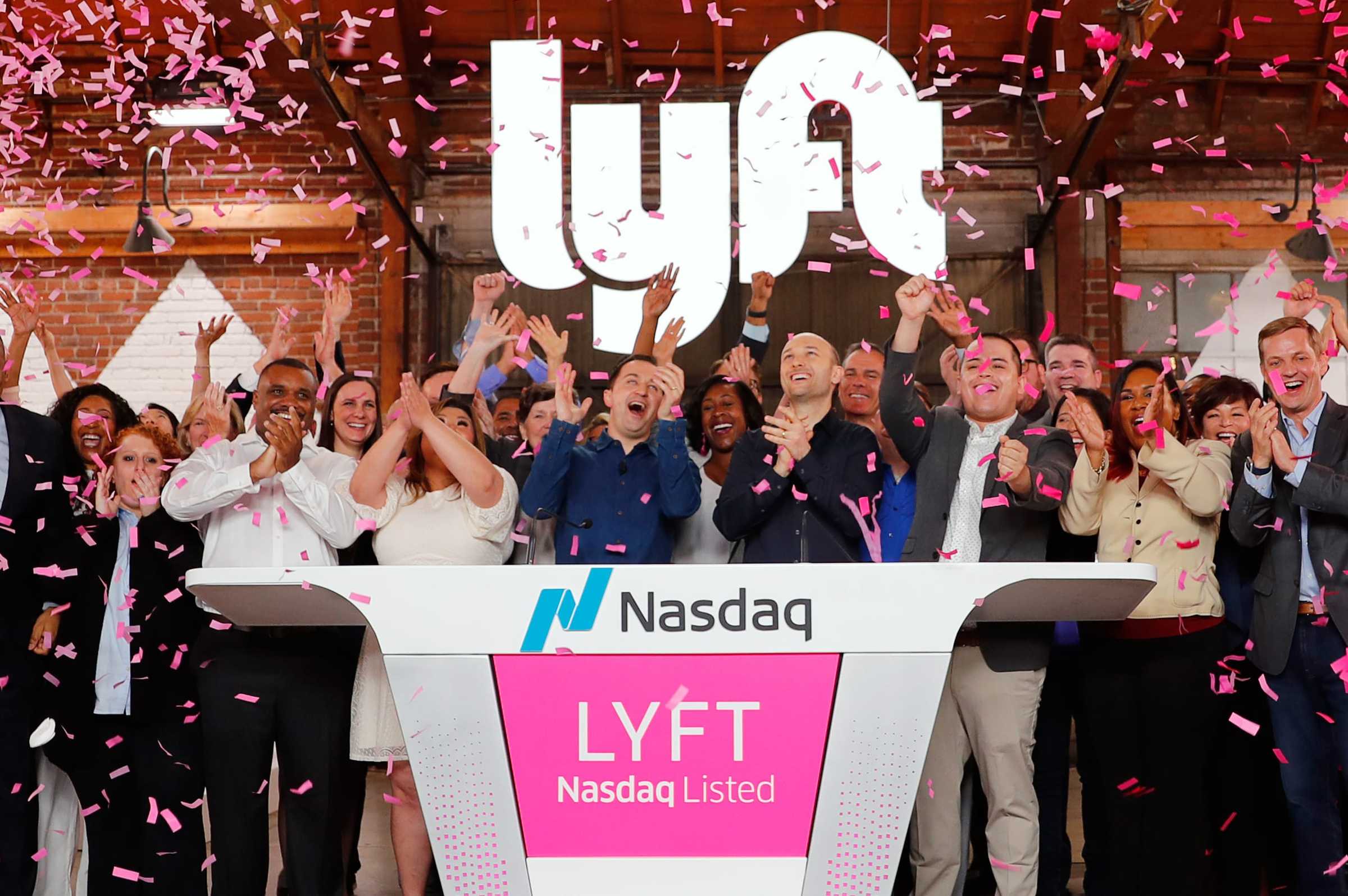What is an IPO
IPO stands for Initial Public Offering. This is when a company lists on a public stock exchange such as the ASX, also known as floating or going public. An IPO occurs when a sufficiently mature company wishes to raise capital from public investors. Becoming a listed company means that those investors can buy and sell their shares on the exchange. Shares are issued through a prospectus, enabling individuals to apply to make a purchase of a parcel of securities (also known as equity or shares). Prior to this process, the company must convert to a public entity.
What’s the difference between IPOs and equity crowdfunding
Both involve the sale of shares in exchange for capital to fund company growth and operations. Both are also accessible by retail investors (any Australian resident over 18 years), although equity crowdfunding has a maximum investment of $10,000. All information about an IPO will be housed in the Prospectus Document which is similar to the Offer Documents of equity crowdfunding. The key differences between the two are stage of company and future outcomes. Since IPOs are quite a costly process and often involve raising significant amounts of capital, they are usually only undertaken by mature, larger companies. After an IPO, the company is traded on a public stock exchange, meaning investors can buy and sell their shares. On the other hand, equity crowdfunds are often companies that are earlier in their journey. The shares are still private, meaning there are fewer options to sell, however the aim of a lot of companies that undertake an equity crowdfund is to go on to IPO, providing this option to their shareholders.
Benefits of IPOs
The key benefit of IPOs for businesses is capital raised. On a public stock exchange, businesses have access to millions of investors and therefore have the opportunity to raise significant capital. For investors, IPOs carry benefits of liquidity and maturity. Since a stock exchange is a secondary market, investors can buy and sell their shares immediately, potentially making a return which decreases the risk of investment. However on the flip side, whilst equity crowdfunds can be riskier there is also a potential for higher returns as you're investing at the beginning of the journey.
How we select IPOs
Our rigorous vetting process also applies to our IPO selection process. We ensure that every part of the business is in order, complies with regulations and presents an attractive investment opportunity for our community. Fortunately, there are significant disclosure requirements for companies choosing to go public, meaning that there will be sufficient information for even the most seasoned of investors to analyse.
